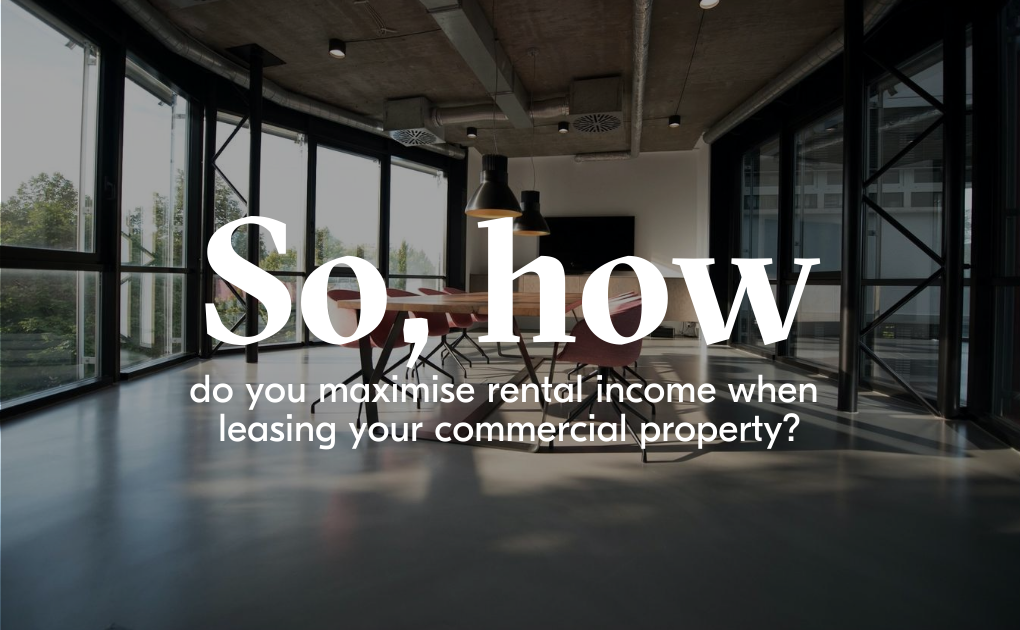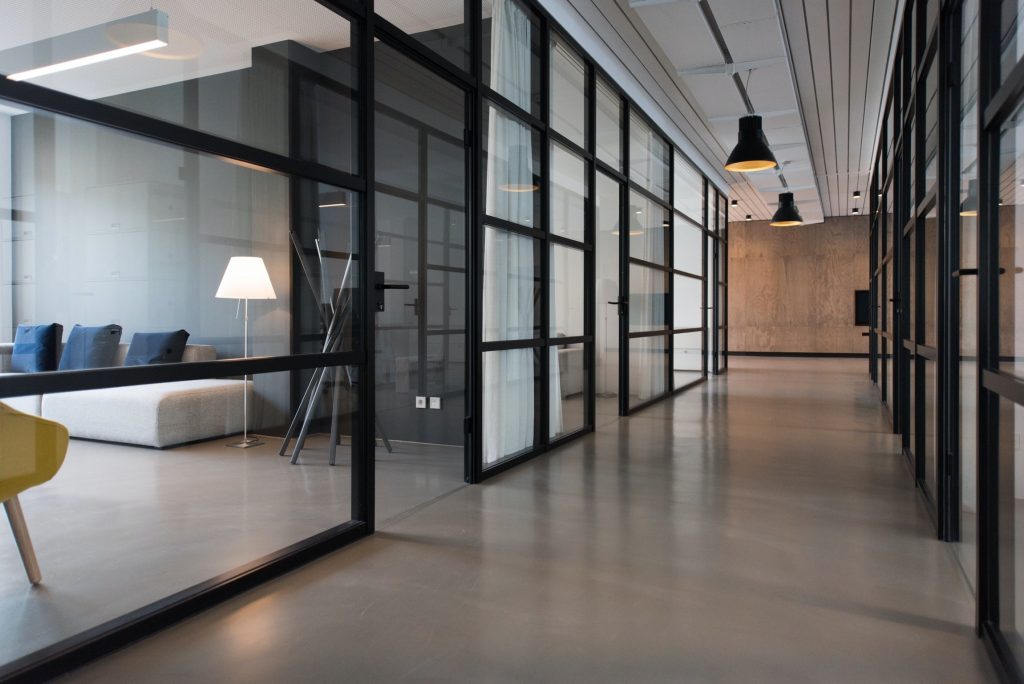Do you own a retail building, an office block, industrial building, warehouse, apartment or retail space?
When leased correctly with the right tenants, Sydney commercial property can be a very savvy investment. Unlike residential real estate, a commercial property allows for multiple business purposes, greater flexibility and can produce a strong yield.

What are the benefits of leasing your commercial property?
Leasing your commercial property can allow a business to put it to good use, while growing your wealth.
Imagine sitting at home, knowing you’re earning a reliable, regular income because you’ve rented your commercial space to a business that is earning money every day.
Sounds like leasing commercial property is a smart choice!
Here are a few additional benefits of leasing your commercial property:
- Commercial real estate tends to appreciate in value over time
A commercial property can easily go up in capital value if you manage it proactively, which includes undertaking renovations and regular maintenance. Having a prime location can also increase its desirability. - A commercial property often has limited hours of operation.
Most brick-and-mortar businesses operate around certain times, like 8 AM to 6 PM, and may be even be closed on a Sunday. This reduces the hours of active use.
- Lessees of a commercial property are more professional.
Tenants who lease a commercial property are usually business owners and professional teams themselves – so they understand the value of paying on time and sticking with the terms of the contract.

Factors to consider before leasing your commercial property
Renting your commercial property allows you to take full advantage of your investment.
However, before you put it on the market and advertise to tenants, here are some things to consider first to ensure you’re making the right decisions.
- Rental Amount
Prior to leasing your commercial property, it’s important to do some research into the current real estate market. For example, identify what type of commercial property you have and determine what the local average rental market rates are. Also, look into vacancy rates for commercial properties in your region and the demographics in the area.
This way, you’re better informed about the range of rental income you can expect and then set it at the right price point to attract high-quality tenants at the maximum price.
- Location of your commercial property
What are the zoning laws and commercial regulations in your area?
Zoning refers to the local laws and regulations that specify how real estate can be used in a given geographic area. Leasing your commercial property to a business in an area not zoned for commercial purposes can result in fines and further problems. So, do your research first.
- Size and type of property
What are the types of businesses that can rent your commercial property? Will there be enough space for what they need?
It’s best to familiarise yourself with your commercial property, it’s type and dimensions, so you can market it properly. Examine it thoroughly and review all possible businesses that can use its space productively so you can attract them to apply.

- Type of commercial lease
You can lease your commercial property in two ways: a gross lease or a net lease. Understanding their differences can help you earn a higher return on investment.
What is a gross commercial lease?
In a gross commercial lease, the landlord pays for the operating expenses associated with the property. This means that the commercial tenants pay a flat rental amount, inclusive of the rental costs and other expenses associated with the ownership, such as taxes and standard utilities.
Since the tenants will be charged with only one rental payment, a gross lease is easier to manage. However, it can also be extremely high for them as the rent amount is based on estimated costs.
What is a net commercial lease?
In a net commercial lease, your tenants will pay additional expenses aside from their rent. These may include insurance, property taxes and maintenance costs.
This kind of lease places a ceiling amount on the rent you can charge. But since the rates are not fixed, a net lease enables you to attract more tenants. Through a net commercial lease, the landlord also has fewer responsibilities when it comes to maintaining the property.
- Additional expenses
Similar to other investments, leasing a commercial property involves additional expenses.
For one, you’ll want to invest in quality property management services if you avoid the stress and hassle of managing the property and dealing with several tenants.
You also have to look after the costs of performing structural repairs and pay tax expenses too.
- Commercial Property Usage
Commercial properties with a Strata may have By-Laws with additional restrictions. Because of this, there may be a limit to the use of your commercial property that can create a challenge when leasing it. It’s important to know this upfront so you can be clear with your tenants.
Now that you’ve got a thorough understanding of what to consider before leasing your commercial property, you can prepare to make more informed decisions to maximise your return.
If you want to guarantee success, your local commercial real estate specialists at Upstate can help you achieve the results you’re looking for. We do this by finding the perfect tenants for your commercial property and leasing it at the best rent, while managing it on an ongoing basis.
Want to discuss your commercial property needs?
We’re always here to help you.
Our commercial property specialists can make leasing easy, well-managed and transparent.
Speak to your local Upstate team today and we’ll show you the possibilities that are earning excellent results.
We look forward to chatting with you soon.
Your local Upstate team






